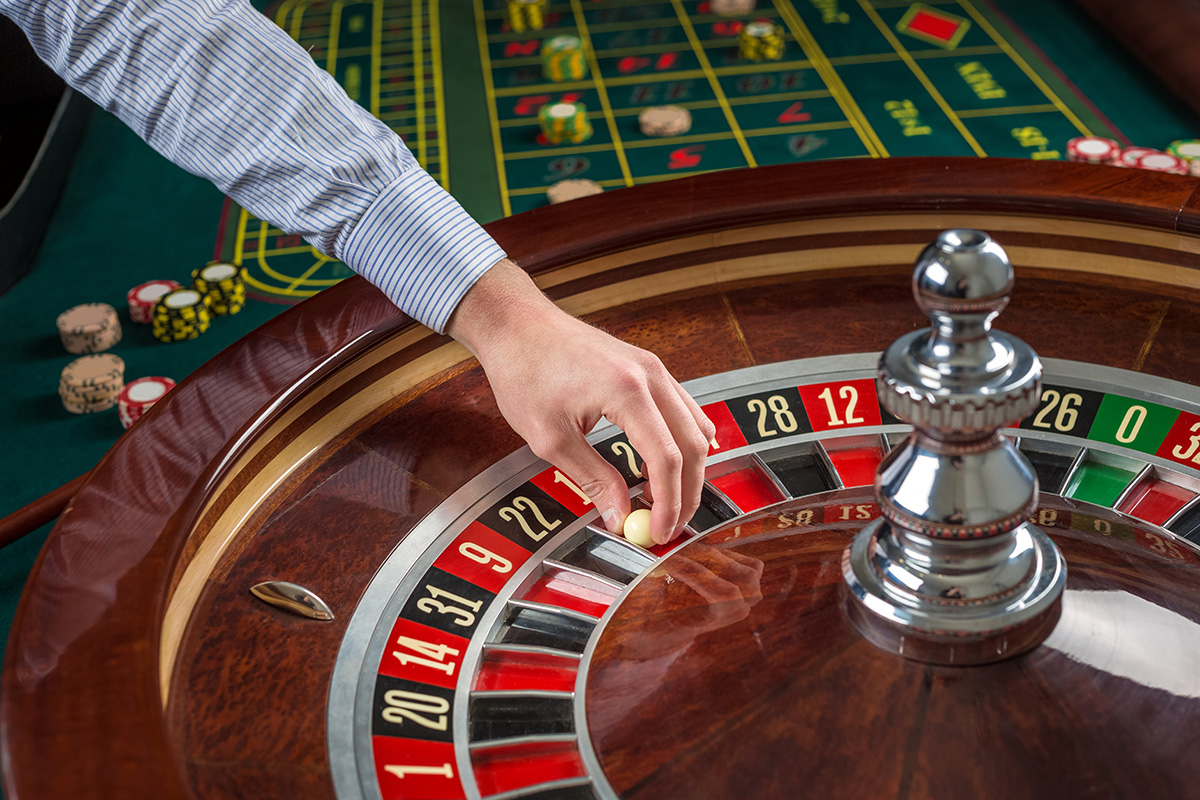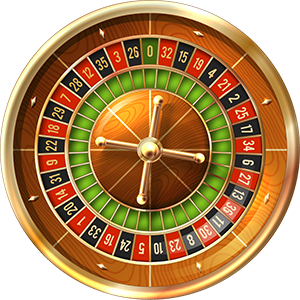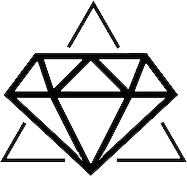
Roulette is a popular casino game that originated in France in the 18th century. The game is played on a large table with a spinning wheel and a small ball. The object of the game is to correctly predict where the ball will land on the wheel.
The roulette wheel has 37 or 38 numbered pockets, depending on the version of the game being played. The pockets are colored red or black, and the 0 (and sometimes 00) is green. The dealer (or croupier) spins the wheel in one direction and then rolls the ball in the opposite direction. Players place their bets on a table layout that corresponds to the numbers and colors on the wheel.
There are two main types of bets in roulette: inside bets and outside bets. Inside bets are placed on individual numbers or small groups of numbers, while outside bets are placed on larger groups of numbers or characteristics of the numbers (such as their color or whether they are even or odd).
Once all bets are placed, the dealer will announce that no more bets can be made and then spin the wheel. When the ball comes to rest in one of the numbered pockets, the dealer will place a marker on the winning number and pay out the corresponding bets. Losing bets are collected and the game begins again with a new round of betting.
Roulette is a game of chance, and there is no surefire way to predict the outcome of any given spin. However, players can use strategies and betting systems to increase their chances of winning or to manage their bankroll more effectively.







